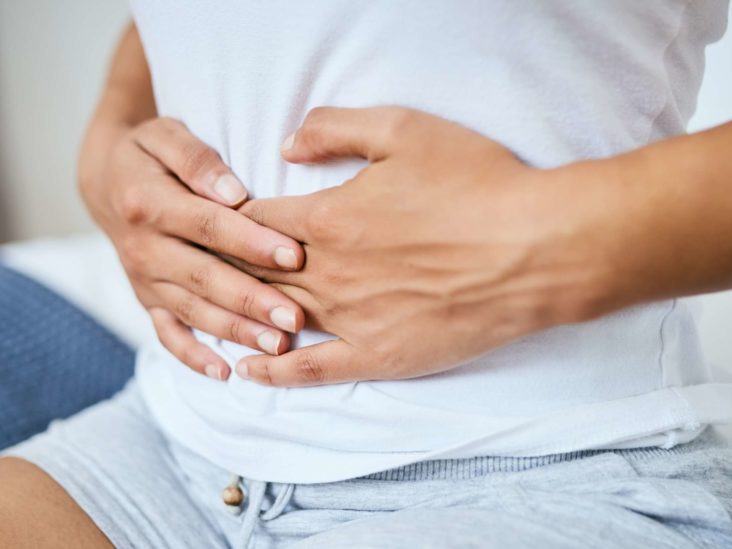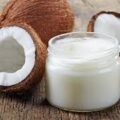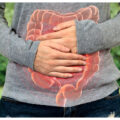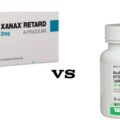Constipation is a condition of the digestive system where an individual has hard feces that are difficult to expel. In most cases, this occurs because the colon has absorbed too much water from the food that is in the colon. The slower the food moves through the digestive tract, the more water the colon will absorb from it. Consequently, the feces become dry and hard. When this happens, emptying the bowels can become very painful. Xanax (Alprazolam) induced constipation can be very discomforting and painful. Warning signs in constipation include: blood in stools, vomiting, or abdominal cramps lasting more than 2 hours, no bowel movements for 4 or more days, unexpected weight loss and loss of appetite. Constipation is also the most common side effect of taking opioids regularly for pain. Patients who are using opioids for arthritis or severe cancer pain may have no alternative. They may be treated for constipation with drugs. Patients are encouraged to take more fluids and adequate fibers in diet.
Why does Xanax cause constipation?
A common gastrointestinal side effects of Xanax (Alprazolam) is constipation and diarrhea. The exact mechanism of action of Xanax is unknown. Benzodiazepines bind to gamma aminobutyric acid (GABA) receptors in the brain and enhance GABA-mediated synaptic inhibition; such actions may be responsible for the efficacy of alprazolam in anxiety disorder and panic disorder. Nevertheless, a study published in Journal of Hainan Medical University, reported that trimebutine combined with alprazolam in the treatment of IBS-D can significantly improve the gastrointestinal hormones and brain-gut peptide, and enhance the living quality, with a significant efficacy; therefore, it deserves to be widely recommended in the clinic. SEE R 027 Xanax Pill?
How long is too long to be constipated?
The normal length of time between bowel movements varies widely from person to person. Some people have them three times a day. Others have them only once or twice a week. Going longer than three or more days without one, though, is usually too long.
What softens stool quickly?
Insoluble fiber adds bulk to your stool and can help to quickly relieve constipation as long as you drink enough fluid to push the stool through. Insoluble fiber has the added benefit of getting toxins out of your body quicker. Good sources of soluble fiber include: oranges.
What is the best laxative for opioid induced constipation?
The goal of therapy for constipation is one bowel movement every two to three days without straining. Treatment may include foods high in fiber, non-stimulant laxatives, stimulant laxatives, enemas, suppositories, biofeedback training, prescription medications, and surgery. Sennosides (Senna, Ex-Lax) and bisacodyl (Dulcolax) increase intestinal motility and help with the flow of water into the bowel which improves constipation. Sennosides is more commonly used and slightly more effective than bisacodyl for drug -induced constipation.
How to prevent constipation caused by medications
Apart from Xanax, there are several non-prescription agents that may cause constipation. Taking several medicines that can cause constipation and taking large doses of these medicines increases the risk of constipation. The patients are always encouraged to reveal all the non prescription as well as herbal and alternative medications that he or she is taking along with the prescribed medication like Xanax. This helps determine the agents that may exacerbate the symptoms constipation. Read 44 175 White Pill: Everything You Should Know
How do I make myself poop?
You can make yourself poop quickly by employing any of the following:
Take a fiber supplement: Soluble fiber allows more water to remain in your stool, making waste softer, larger, and thus, easier to pass through your intestines. Insoluble fiber adds bulk to your fecal material, which hastens its passage through your gut and prevents that constipated feeling.
Eat a serving of high-fiber food: The American Academy of Family Physicians recommends eating at least nine servings (2 cups) of fiber-filled fruits and vegetables each day, including apples, oranges, broccoli, berries, pears, peas, figs, carrots, and beans. Some people get stomach cramps and gas when they increase their intake of fiber.
Drink a glass of water: Since constipation is related to dehydration in the colon, you need to make sure you are drinking lots of water. When your body is properly hydrated, less water will be withdrawn from the colon. This will keep your stool soft and easy to pass.
Take a laxative stimulant: This type of laxative works by stimulating the lining of the intestine, thereby accelerating the stool’s journey through the colon. Stimulant laxatives also increase a stool’s hydration. Some popular brands include Correctol, Dulcolax, Ex-Lax, Feen-a-Mint, and Senokot. SEE: What Does Magnesium Citrate Taste Like
Take an osmotic: Osmotic laxatives are a type of laxative (stool softener) used in the management of constipation. Osmotic laxatives come in over-the-counter and prescription forms, and they work by increasing the flow of water into the intestines to produce softer easier-to-pass stools. Read: U03 Pill: Everything You Should Know
Try a lubricant laxative: Lubricant laxative works by keeping water in the stool and intestines. This helps to soften the stool and also makes it easier for stool to pass through the intestines.
Use a stool softener: Stool softeners such as docusate are often the first method used for preventing and treating this type of constipation. Docusate is often used when straining to have a bowel movement should be avoided (e.g., after a heart attack or surgery).
Try an enema: An enema administration is a technique used to stimulate stool evacuation. It is a liquid treatment most commonly used to relieve severe constipation. READ IP 253 Orange Pill: Everything You Should Know






1 Comment